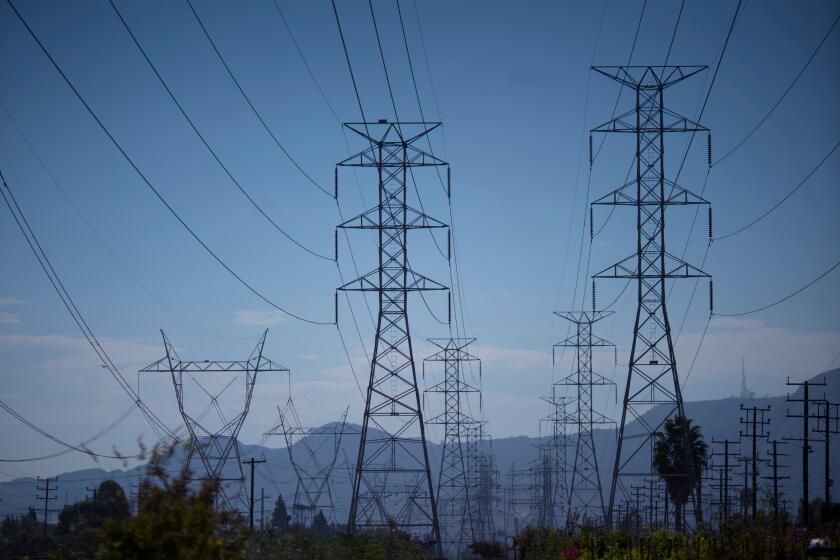EPA plans to ditch key climate policy, Washington Post says

- Share via
The US Environmental Protection Agency is considering scrapping a landmark almost two-decade old legal opinion that greenhouse gas emissions are harmful to human health, the Washington Post reported.
The so-called endangerment finding, published in 2009, has been the legal basis of a wide range of climate rules under the Clean Air Act. A draft proposal to formally abandon the policy is being considered by the EPA, though is still subject to change, the newspaper reported, citing two sources familiar with the details which it didn’t name.
Limits on vehicle greenhouse gas emissions will be eliminated under the plan, according to the report. The New York Time also reported a draft is under consideration citing unnamed sources. Bloomberg reported in February that EPA Administrator Lee Zeldin was recommending the move.
In a statement, the EPA said its proposal will be published for public notice once it has been reviewed by agencies and signed by Zeldin.
Zeldin has launched a sweeping overhaul of environmental mandates as Trump pledges to limit regulatory costs and speed US energy development. Last week, chemical makers, coal-fired power plants and other facilities were granted exemptions to bypass a range of rules.
The endangerment finding undergirds rules on emissions in industries including aviation, automobiles and the power sector. It’s long been a target for skeptics of global warming and conservatives who argue that mandates under the Clean Air Act aren’t appropriate to cover greenhouse gases, which don’t respect national borders.
Any move to scrap the finding would be complex and is likely to face challenges by environmental groups. Electric utilities and oil companies have also previously warned that any change could have unintended consequences, making them more susceptible to public nuisance lawsuits.
Stringer reports for Bloomberg. Anna Kitanaka assisted.








